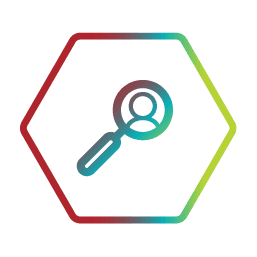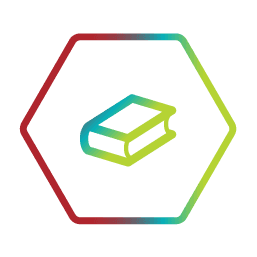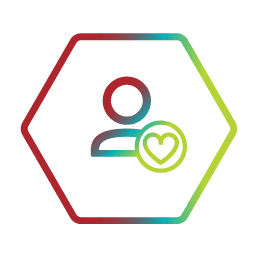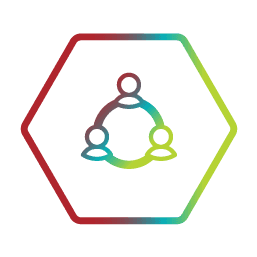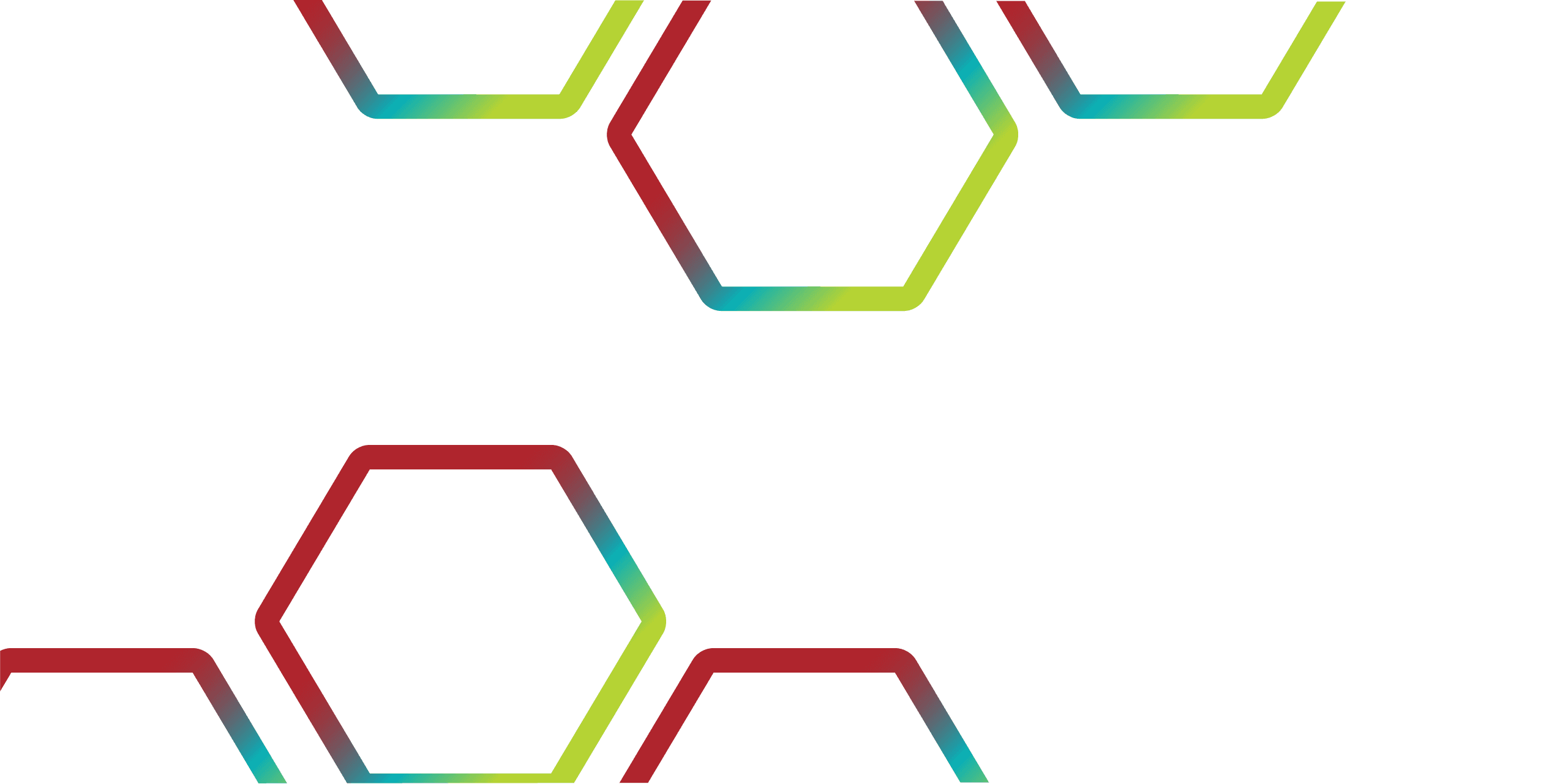
2025 CAUDIT Awards Finalists
Emerging Leader Finalists
The CAUDIT Award for Emerging Leader celebrates outstanding leadership achievements. The award seeks to recognise an emerging leader in IT within the higher education and research sector who has demonstrated leadership and vision to their colleagues. They may have ‘gone out on a limb’ or supported a collective effort to lead their team to achieve more than they have previously, or led a new initiative through to success, or introduced some significant positive change.
First Name: Lindsay
Last Name: Trebble
Position/Title: Senior Business Partner
Organisation: University of the Sunshine Coast
Lindsay Trebble is a trusted leader and visionary whose influence extends well beyond her formal remit. Known for her integrity, empathy, and clear strategic vision, she builds strong relationships, even with those outside her direct team. She is widely regarded across UniSC as a collaborative, inclusive, and strategic leader who empowers individuals and strengthens teams to succeed.
Testimonial:
' Lindsay’s leadership is defined by collaboration, inclusivity, and unwavering support. Colleagues describe her as strategic, compassionate, and a strong communicator - qualities that make teams feel valued, empowered, and heard. She leads with calm clarity, inspiring trust and lifting others up while delivering exceptional results.' Associate Director, Client Services
Key Achievements over the last year:
- Mentored 10+ cross-functional teams during the Sunny AI Assistant rollout, fostering internal capability and leadership growth.
- Ensured 100% room readiness across 60+ spaces during high-pressure Zoom-to-Teams transition, while championing business confidence and psychological safety.
- Led the business through the transition of our virtual desktop application, impacting over 2,000 users. The result: zero support calls, with Client Support praising it as a “non-event.”
- Led the migration from on-premise to cloud storage solutions, driving a 103.92% increase in cloud usage over 6 months.

First Name: Sam
Last Name: Johnson
Position/Title: Client Computing Platform Manager
Organisation: University of Technology Sydney
Sam consistently demonstrates inclusive, empathetic leadership that builds trust and empowers others. Throughout the major IT Operating Model change in 2024, he provided extensive support to his team—hosting workshops, facilitating briefings, and ensuring all voices were heard in formal consultation. He personally supported individuals navigating change, including those experiencing challenging personal circumstances, always acting with discretion and compassion. Sam’s leadership planning sessions fostered team cohesion and forward planning. He leads by example, attending retrospectives and listening actively to staff concerns, often stepping in with practical help or guidance. His hands-on support during high-stress times, such as handovers from long-serving staff or sudden team member absences, has earned deep respect and loyalty. Staff consistently describe him as approachable, available, and deeply committed to their success.

First Name: Hannah
Last Name: Latham
Position/Title: Director of Digital Transformation Delivery
Organisation: Macquarie University
Hannah Latham leads a multidisciplinary division at Macquarie University, delivering strategic transformation with precision and purpose. She fosters a high-trust, high-accountability culture that empowers colleagues to lead, innovate, and collaborate across boundaries. Her remit spans two major digital transformation programs, multiple IT project delivery teams, PMO, and operational teams, each contributing to institution-wide change. Hannah’s leadership extends beyond her division; she has successfully guided cross-functional groups including legal, procurement, finance and academic stakeholders through complex digital initiatives. Her governance style is inclusive and outcomes-driven, supporting staff at all levels to grow, lead, and contribute meaningfully. She mentors emerging leaders, fosters psychological safety, and creates space for experimentation and continuous learning. Hannah’s ability to unite diverse teams around a shared purpose has been instrumental in delivering high-impact programs such as Student 360, which required navigating institutional complexity and aligning multiple business units. Her leadership consistently results in on-time delivery, strong stakeholder engagement, and enduring institutional value. She is a trusted advisor to senior executives and a role model for future leaders, demonstrating that transformation is not just about technology, but about people, purpose, and culture.

Excellence in Research Support Finalists
The CAUDIT Award for Excellence in Research Support recognises excellence in the application or innovative use of digital technology in support of research activities within the membership. What has been done that has had a positive impact on how research is undertaken? Any aspect of research support can be considered here - whether it be governance, research infrastructure or individual research projects.
The Research Technology Services (ResTech) Compute team manages UNSW’s HPC use on the National Computing Infrastructure, dynamically reallocating resources to match research needs. For 28 consecutive quarters, they’ve achieved 100% utilisation, unlocking over $2.5M in computing value above our targets. This sustained performance maximises the university’s HPC investment and ensures researchers can access critical compute capacity when it matters most.
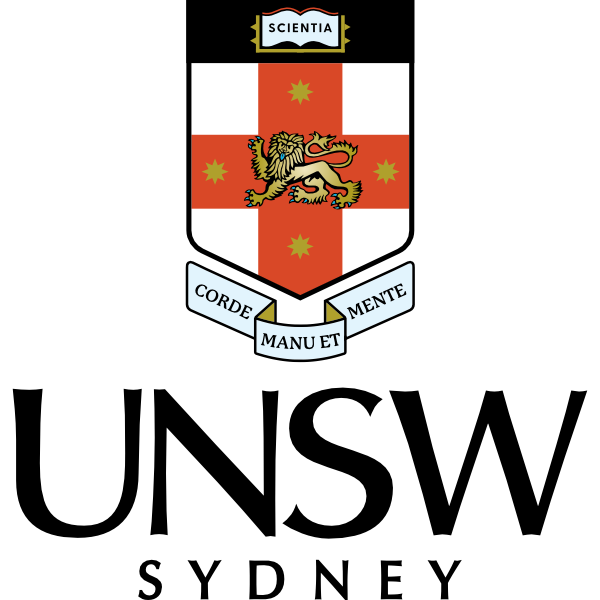
To support innovation and reduce delays for researchers and HDR students, the University implemented a self-service infrastructure for agile access to high-performance compute, GPU, and storage resources. Previously, provisioning required manual IT intervention, often taking 1-2 weeks. Now, using Nutanix Hyperconverged infrastructure and self-service tools, workloads can be ready in hours. This empowers researchers to experiment with new tools and methodologies without administrative bottlenecks, fostering faster innovation. Automated workload blueprints ensure compliance with cybersecurity standards and eliminate manual errors. Unlike expensive cloud-based models, this hybrid solution leverages existing on-premise infrastructure to deliver a cost-effective, scalable alternative that supports sensitive data and ethical research requirements. The platform is now ready for rollout, with strong demand anticipated based on feedback from cloud strategy workshops. By embedding operational and security controls into the automation process, the University ensures consistent, repeatable outcomes aligned with researcher needs, especially for fields like cybersecurity and artificial intelligence.
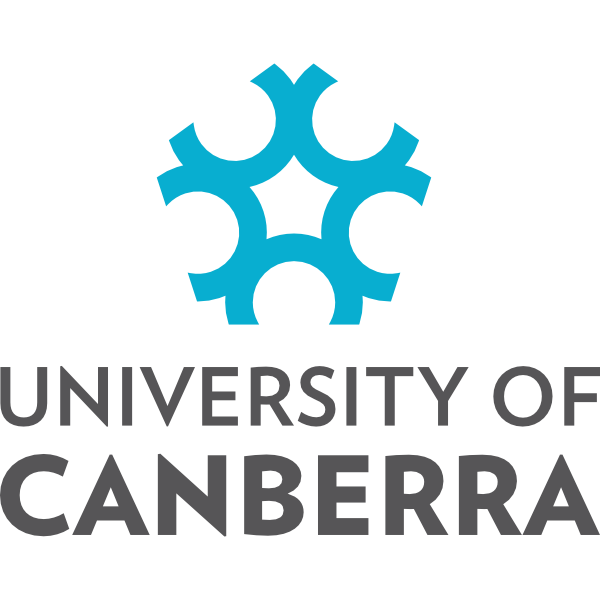
The Research Management System (RMS) Replacement project was part of a broader University wide initiative to replace the aging and highly customised on-premise Oracle Enterprise Resource Planning platform with 2 new cloud-based systems from Cayuse and Workday. As a global leading research institution, the University of Melbourne receives around $700million annually in research funding from Australian and international funders, private and public sectors. This implementation was undertaken against the backdrop of a concurrent ERP implementation; diverse research needs across 9 faculties; operational requirements for scalability and proposed changes to government legislation that would affect international student enrolments. With the researcher and research support staff experience at the heart of the initiative, the University streamlined, standardised and improved the research grant application process supplemented with a modern ‘Software as a Service’ system. The RMS was one of the largest transformational initiatives to impact the research community and was successfully rolled out to more than 10,000 researchers and research support staff. The program has helped provide a single source of truth for grant applications, significantly improve the user experience, delivered operational efficiencies and introduced a scalable solution that supports future growth whilst driving consistency and collaboration across the University.
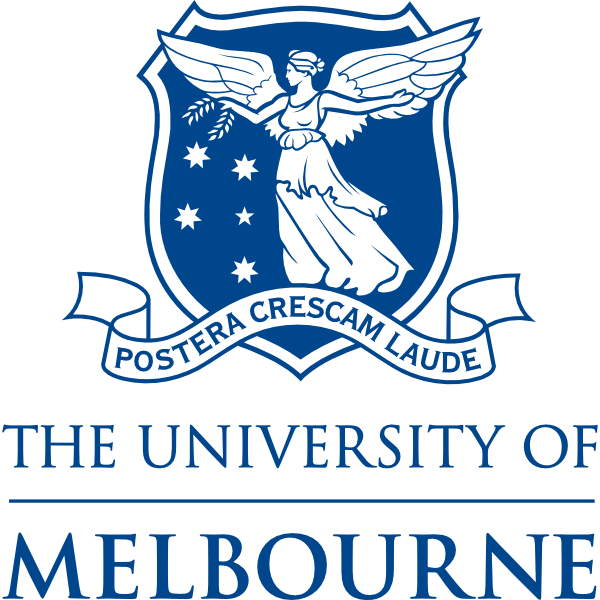
Enhancing the Student Experience Finalists
The CAUDIT Award for Enhancing the Student Experience recognises creative initiatives and innovative developments which have resulted in increased academic success rates across a broad cross-section of the higher education student demographic. The award seeks to celebrate individuals or IT teams whose project outcomes have addressed some of the challenges faced by students and helped improve student success.
Virtual Peer is a scalable, AI-powered academic support tool co-developed by ITS, MQIT, and academic staff to enhance student learning and reduce staff workload. Built on GPT-4o with retrieval-augmented generation (RAG), it delivers context-aware, pedagogically sound responses using educator-approved content. The initiative targets undergraduate and postgraduate students across Macquarie University, with expansion planned to 25 units and 15,000 students in Semester 2, 2025. It also supports teaching staff by streamlining communication and enabling more time for high-impact teaching. Virtual Peer fosters independent learning, improves academic outcomes, and models ethical AI integration in education.

MyPlan is UNSW's progression checking and study planning tool, for students to self-serve how they're progressing in their course and tailor their study plan. It's replaced manual progression checks to reduce administrative burden and the time required to resolve student progression-related queries, saving significant amounts of time so that academic staff can redirect their efforts to student-focused support. It also empowers students to take ownership of their academic journey, by equipping them with the tools and confidence to make informed decisions and engage proactively with their study plans. Its target audience is primarily to students, as well as academic, teaching and administrative staff. The scope incorporated records and systems for all students, teaching staff, administrative staff, accurate modelling of academic r ules and core technology functions including Cybersecurity, identity management, Enterprise Architects, Analysts, Developers, testing teams.

This project created a nationally accessible eLearning platform to address curricula and professional practice gaps concerning cultural intelligence and First Nations science in Australia. The platform is designed for students and staff at Higher Education institutions throughout Australia. Envirocare (https://aceddenvirocare.deakin.edu.au/) delivers high-quality, culturally safe, and co-designed educational resources to enriching education across Australia. It does so by providing educators and students with access to a resource that weave together learning about Indigenous ways of knowing, being, and doing while developing cultural intelligence. Envirocare fosters cultural intelligence and inclusivity by privileging Indigenous voices through stakeholder consultation, interviews and content creation. Envirocare houses online modules co-designed with First Nations peoples, to bring cultural intelligence and First Nations science into curricula through a Caring for Country lens. This offers higher education institutions a novel approach to embedding First Nations perspectives in higher education and aims to address significant learning gaps in education.

Operational Excellence Finalists
The CAUDIT Award for Operational Excellence celebrates achievements in transforming and improving the effectiveness and efficiency of either part or the whole of the organisation. Size isn’t what is important here, it’s outcomes and impact.
Our solution is a retrieval-augmented generative (RAG) assistant for students, staff and public that personalises answers by cohort, enforces AI governance in real time AND is a semantic search solution for our websites and knowledge bases.
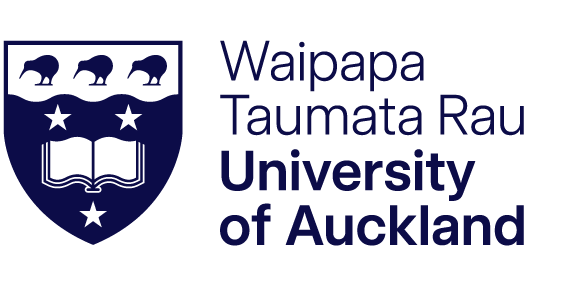
Monash transitioned from legacy BI platforms to a modern enterprise Lakehouse to meet growing demands for accuracy, scalability, and advanced analytics. Launched in 2020, the initiative consolidated five data warehouses/lakes and three reporting platforms into a single, secure environment, replacing ~4,700 legacy reports with 14 enterprise dashboards featuring 40 interactive visualisations. Supporting faculties, portfolios, and business units across five countries, the Lakehouse delivers trusted, unified data for reporting, forecasting, and strategic decision-making. Built on Databricks and hosted in Microsoft Azure, it enables machine learning, AI workloads, and sustainable data practices through a unified design. A security and governance-led platform enables democratised access to enterprise data models and trusted metrics, supporting predictive modelling in key areas such as student retention and admissions. Developed in collaboration with Monash’s Cybersecurity and Infrastructure Services teams, the Lakehouse establishes new benchmarks in security, governance, and automation - setting a standard for future data initiatives.

Murdoch University’s Productivity & Automation Competency Centre (PACC) is transforming how the University delivers digital solutions by embedding a fusion team model that partners directly with Murdoch communities. Using Microsoft’s Power Platform, PACC empowers teams to solve operational challenges through human-centred design, low-code development, and agile delivery. Many solutions are delivered in under 8 weeks, and flagship systems like myAccess and the Student Integrity Management platform have been developed as in-house alternatives to off-the-shelf products. These provide secure, cost-effective, and fit-for-purpose outcomes. In just 18 months, PACC has delivered 14 impactful solutions across student services, governance, equity, and sustainability. The initiative serves staff and students across the University, with growing internal demand. By focusing on Minimum Usable Products (MUPs), close collaboration, and iterative refinement, PACC is driving a shift toward innovation, agility, and operational excellence. This approach is laying the foundation for long-term, sustainable digital transformation.
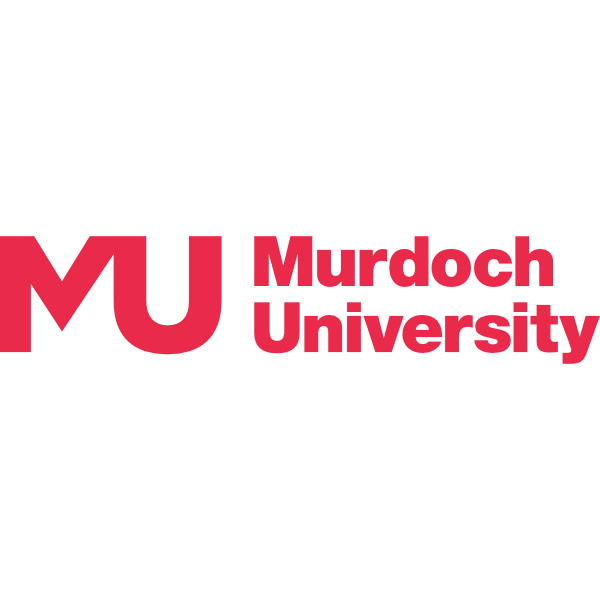

Connect with CAUDIT
CAUDIT acknowledges the Traditional Owners of the lands where we live, learn and work. We pay our respects to Elders past and present and celebrate the stories, culture and traditions of all First Nations people.
